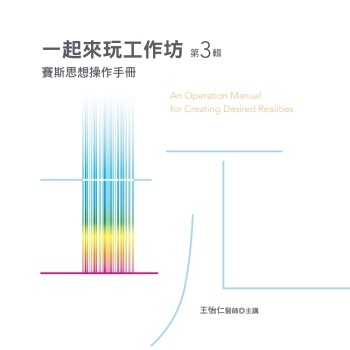The narrator-referred to in this SparkNote as the Underground Man-introduces himself. He describes himself as sick, wicked, and unattractive, and notes that he has a problem with his liver. He refuses to treat this ailment out of spite, although he understands that keeping his problems from doctors does the doctors themselves no harm. The Underground Man explains that, during his many years in civil service, he was wicked, but that he considers this wickedness a kind of compensation for the fact that he never accepted bribes. He almost immediately revises this claim, however, admitting that he never achieved genuine wickedness toward his customers, but only managed to be rude and intimidating as a kind of game. We learn that the Underground Man has retired early from his civil service job after inheriting a modest sum of money. He only held onto his low-ranking job so that he would be able to afford food, not because he got any satisfaction from it. He notes that he is filled with conflicting impulses: wickedness, sentimentality, self-loathing, contempt for others. His intense consciousness of these opposing elements has paralyzed him. He has settled into his miserable corner of the world, incapable of wickedness and incapable of action, loathing himself even as he congratulates himself on his own intelligence and sensitivity. He adds that the weather in St. Petersburg is probably bad for his health, but that he will stay there anyway, out of spite.
| FindBook |
有 1 項符合
Notes from Underground Part I的圖書 |
 |
Notes from Underground Part I 作者:Dostoevsky 出版社:Lulu.com 出版日期:2022-06-26 語言:英文 規格:平裝 / 170頁 / 21.01 x 14.81 x 0.99 cm / 普通級/ 初版 |
| 圖書館借閱 |
| 國家圖書館 | 全國圖書書目資訊網 | 國立公共資訊圖書館 | 電子書服務平台 | MetaCat 跨館整合查詢 |
| 臺北市立圖書館 | 新北市立圖書館 | 基隆市公共圖書館 | 桃園市立圖書館 | 新竹縣公共圖書館 |
| 苗栗縣立圖書館 | 臺中市立圖書館 | 彰化縣公共圖書館 | 南投縣文化局 | 雲林縣公共圖書館 |
| 嘉義縣圖書館 | 臺南市立圖書館 | 高雄市立圖書館 | 屏東縣公共圖書館 | 宜蘭縣公共圖書館 |
| 花蓮縣文化局 | 臺東縣文化處 |
|
|
圖書介紹 - 資料來源:博客來 評分:
圖書名稱:Notes from Underground Part I
|









